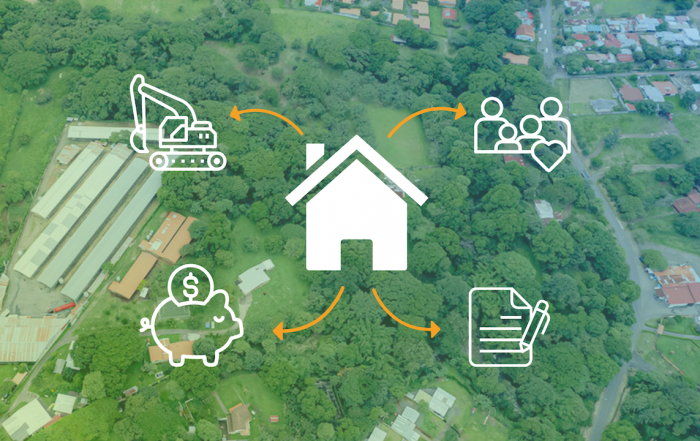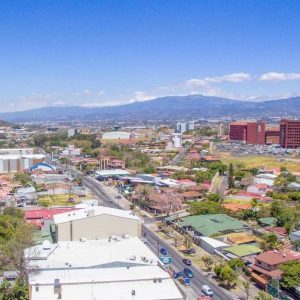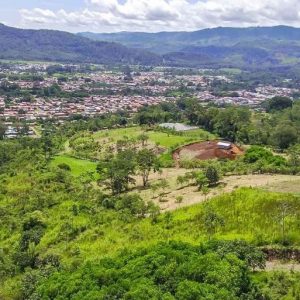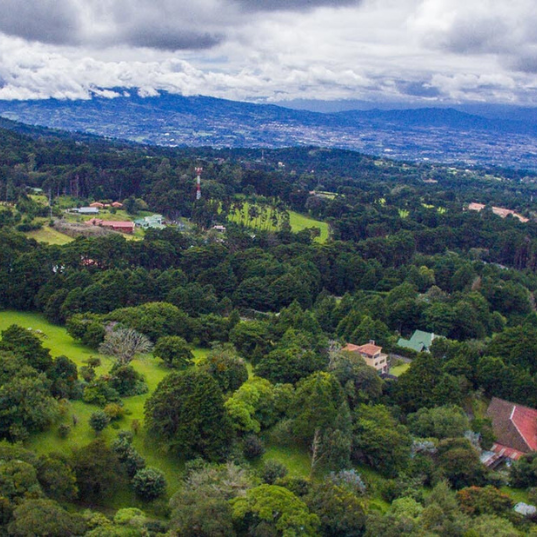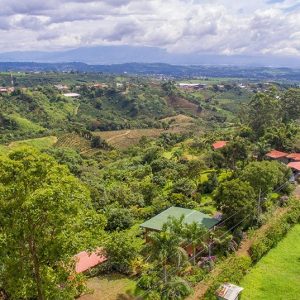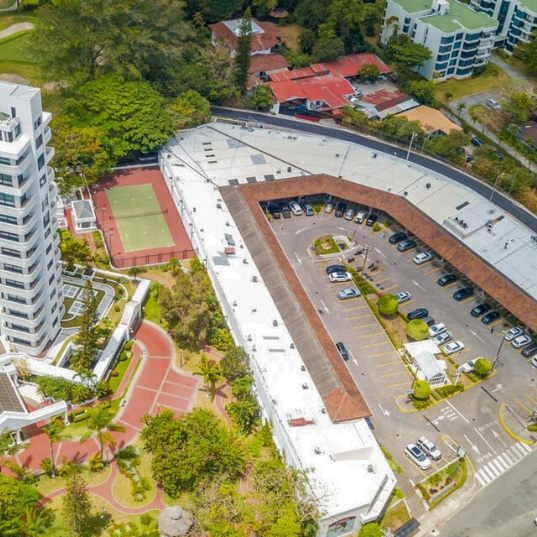Objective Factors
It’s best to first consider why you want to sell your property. As an owner, it is good to analyze your post-sale needs as this will help you understand what you expect to obtain from selling your property. Some possible reasons may be:
- Improvement in quality of life
- Relocation of residence
- Further investment
- Payment of urgent debt
- Other miscellaneous reasons
Further, taking into account the history of the property will give you additional insight in your financial needs when selling the property. Some examples:
- Was the property inherited or was it a family home?
- What investments into improving the property have been done?
- Were expenses incurred for repairs?
These insights are key to know what you as an owner expect from the sale, including the initial asking price and potential for negotiation and the estimated timeframe for placing the property on the market.
In a second phase, it is crucial to contact a real estate consultant to help you not only analyze a fair price according to the market, but also sketch out profiles of potential buyers who may be interested in your property.
Many variables must be included in this equation, such as location, availability, mortgage studies, inventories, m2 values for the area, municipal taxes, and many other factors specific to individual areas of a particular market. Prices are given in ranges and are estimates, because at this early stage no prospective buyers have been approached and market sentiment cannot be reliably established.
Subjective Factors
The owner must also keep a variety of so-called ‘subjective’ factors in mind in order to be able to place the property at the right point in the market. They are ‘subjective’ because they seek to establish an “emotional panorama” of potential interested buyers and create a well-defined and suitable strategy for marketing your property. Questions that will help in the development of an effective marketing strategy include:
- Where can I place my property in the market to increase chances of success?
- Why would a buyer invest in my property?
- What makes my property stand out from other options in the market?
- What benefits does my property have for a potential buyer?
Our real estate agents in Santa Teresa are ready to provide you with professional assistance in this complex and critical process. Furthermore, our digital tools and platforms will help in positioning your property as the best option, having a wider reach, and creating a filtering process in which interested potential buyers are studied beforehand for maximum success.


